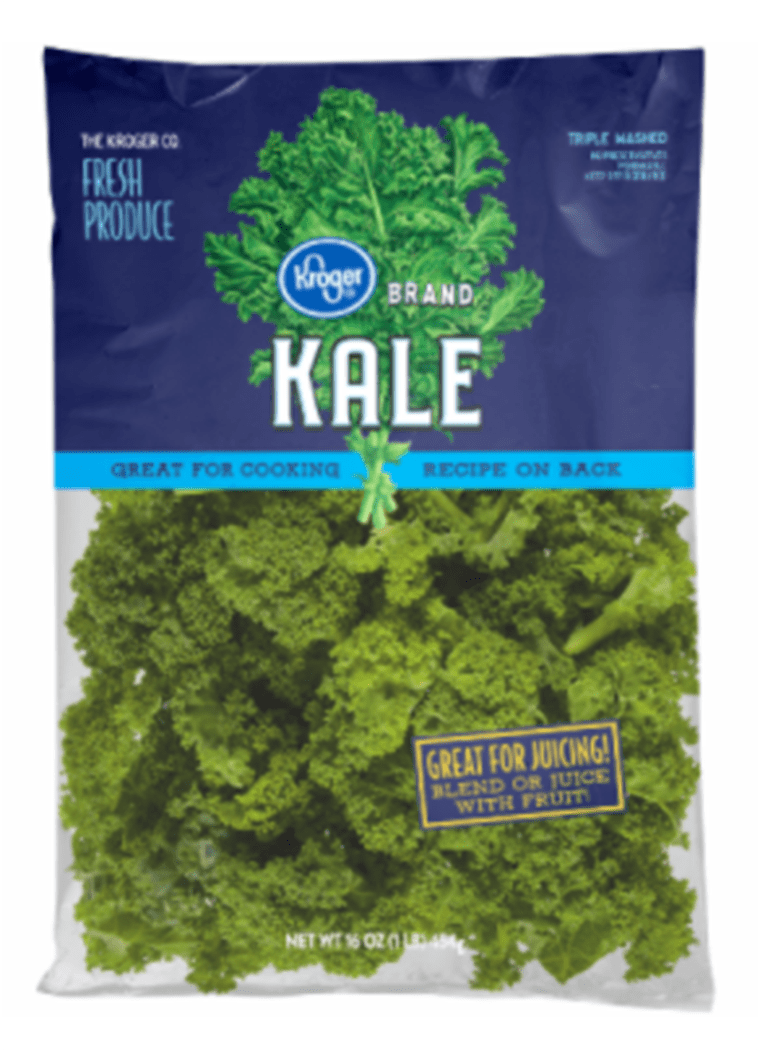Multiple kale products from several different brands are being recalled by Baker Farms after contamination by the bacterium listeria monocytogenes.
The company is recalling some of their Baker Farms, Kroger, and SEG Grocers brand name kale products, according to a statement shared on the Food and Drug Administration's website. The affected products are one-pound plastic bags of kale with "best by" dates of Sept. 18, 2021. The contaminated kale was sold between the dates of Aug. 30 and Sept. 1, 2021, and sold in a variety of states including Alabama, Florida, New York and Virginia.
The full list of affected production codes is available on the FDA's website. Best by dates and production codes are located on the front of each package of kale.

While no illnesses associated with the contaminated kale have been reported, Baker Farms was told on Sept. 15 by a customer that the product had tested positive for listeria monocytogenes, which can cause listeria.
Baker Farms emphasized that customers who have purchased the affected kale products should not eat them and instead should return the bags to the place of purchase for a full refund. Consumers can contact the company with further questions.
No other products are included in the recall at this time.
According to the Centers for Disease Control and Prevention, listeria can be a serious and sometimes fatal infection in young children, frail or elderly people, or others with weakened immune systems. The CDC estimates that listeria is the third leading cause of death from food poisoning in the United States, and it accounts for about 260 deaths per year.
A listeria monocytogenes infection can also cause miscarriages and stillbirths in pregnant women. Healthy individuals may experience symptoms like severe headaches, stiffness, nausea, abdominal pain, diarrhea, and high fevers. About 1,600 people are diagnosed with listeria each year.
According to the CDC, listeria monocytogenes bacterium are "often linked to" dairy products like soft cheeses and produce like celery and cantaloupe.
Related: